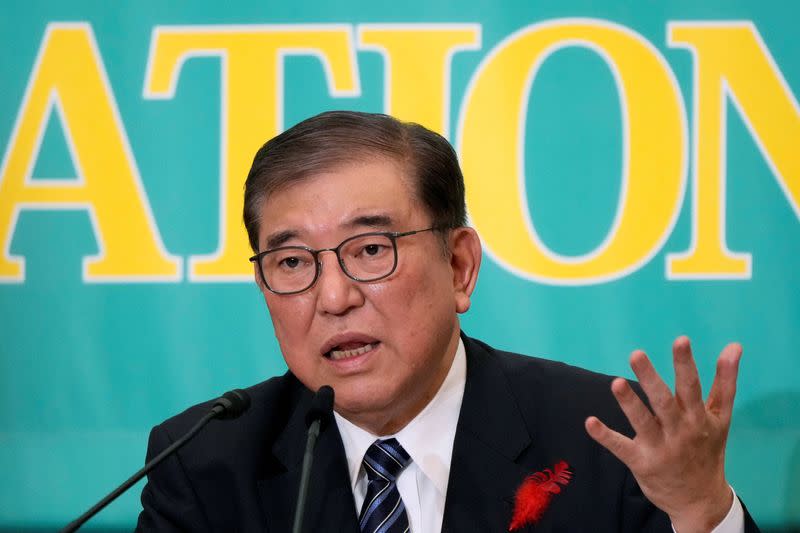Japanese Prime Minister Shigeru Ishiba has made it clear that he will not intervene in the Bank of Japan’s (BOJ) monetary policy decisions, emphasizing the importance of the central bank’s autonomy in achieving price stability. “Whatever the government has to say, the Bank of Japan makes an individual decision on policy,” Ishiba remarked during a news conference ahead of the upcoming general election on October 27.
Ishiba’s stance reflects his respect for the BOJ’s independence, which is enshrined in law. Drawing on the idea that “power is not a means, it is an end” (as George Orwell observed in 1984), Ishiba’s remarks underscore his belief that the BOJ must operate without government pressure to ensure that its long-term goals are met effectively.
Although Ishiba previously indicated support for the BOJ unwinding years of monetary stimulus, his recent comment that the economy may not be ready for further rate hikes has taken markets by surprise. This shift caused the yen to fall against the dollar and raised new questions about how aggressive the central bank might be in raising rates. It is, after all, rare for a Japanese leader to comment directly on monetary policy, which traditionally rests with the BOJ alone.
The BOJ has made significant changes this year, ending negative interest rates in March and raising the short-term benchmark to 0.25% in July as part of its strategy to achieve a 2% inflation target. However, Ishiba also pointed out the importance of strengthening consumption and raising real wages to support Japan’s continued recovery from deflation, stressing that economic resilience is key to exiting deflation for good.
Governor Kazuo Ueda has signaled the BOJ’s readiness to increase interest rates further if inflation and growth developments align with their forecasts. Still, Ishiba’s comments, combined with the uncertainty surrounding the upcoming election, have left markets wondering how soon the central bank will act.
As Japan stands at this delicate economic juncture, Ishiba’s cautious approach may resonate with the famous words of Sun Tzu in The Art of War: “In the midst of chaos, there is also opportunity.” By maintaining a hands-off approach and respecting the BOJ’s independence, Ishiba hopes to guide Japan toward greater economic stability, allowing the central bank to navigate the complex path ahead.





